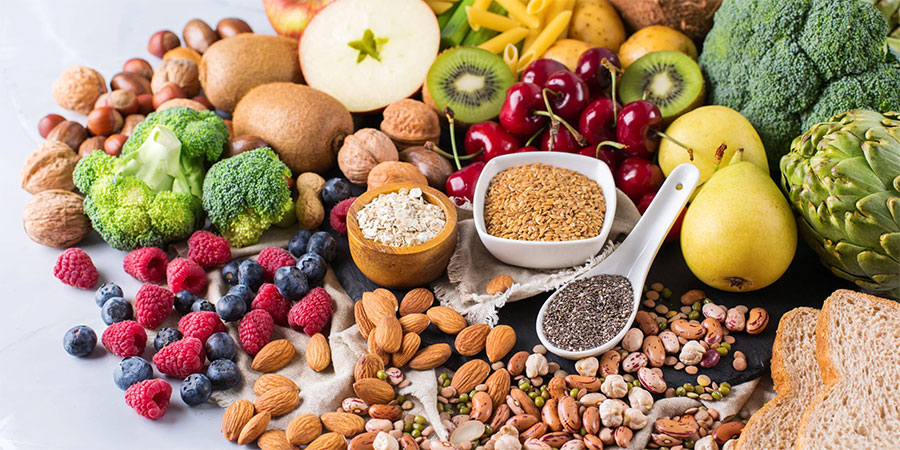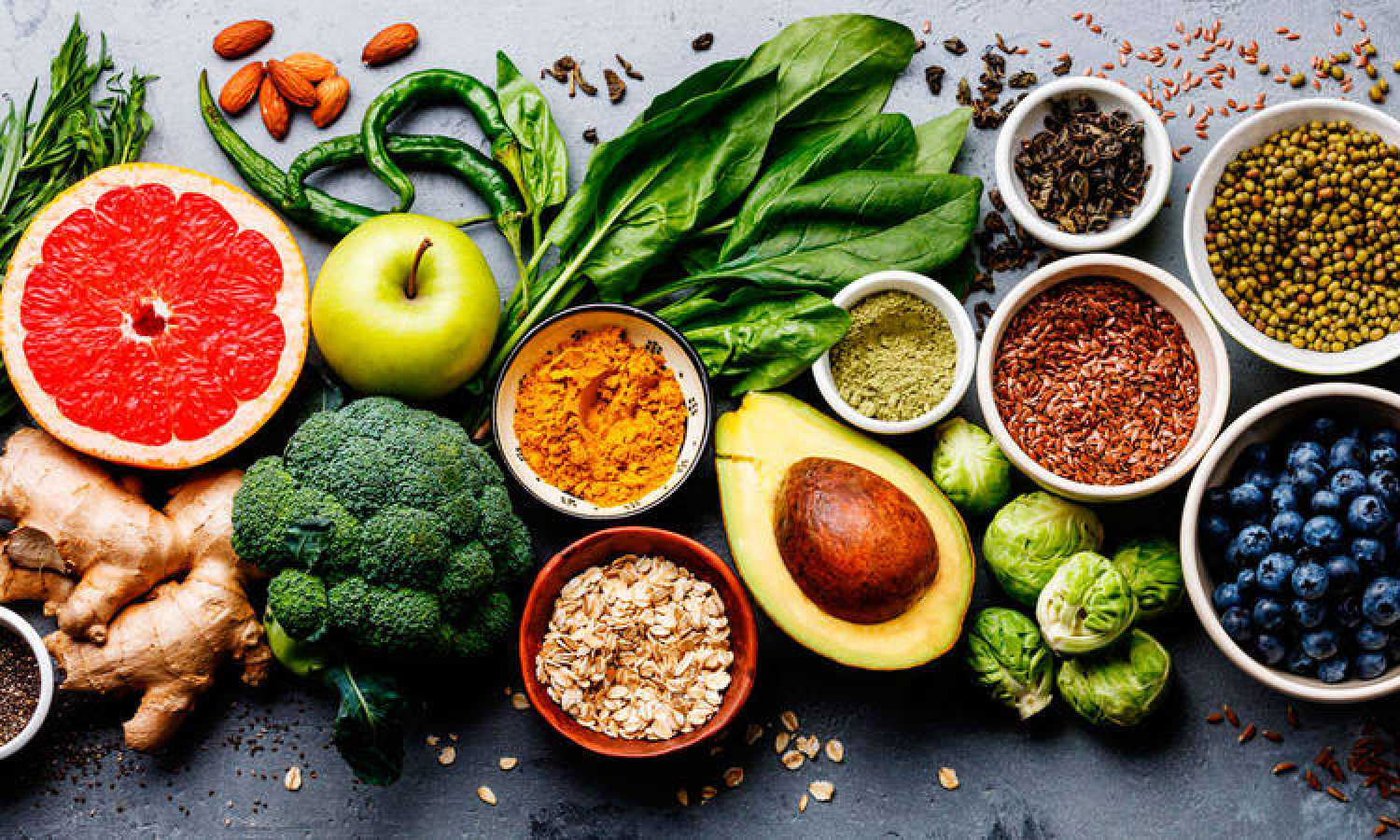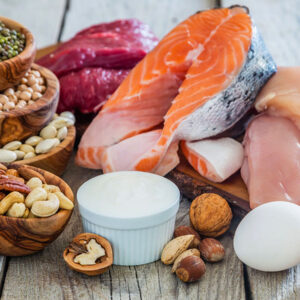Fiber is an essential nutrient that plays a crucial role in maintaining a healthy digestive system. It is also associated with numerous health benefits, including weight loss. In this article, we will explore the benefits of fiber for weight loss and how to incorporate it into your diet.
Fiber is a type of carbohydrate that is not digested by the body. Unlike other carbohydrates, fiber passes through the digestive system almost intact. There are two types of fiber: soluble and insoluble. Soluble fiber dissolves in water, while insoluble fiber does not.

Benefits of fiber for weight loss:
- Increases satiety: Fiber is bulky and takes longer to digest, which can help you feel full for longer. This can prevent overeating and aid weight loss.
- Reduces calorie intake: High-fiber foods are generally low in calories, which means you can eat more of them without consuming too many calories. This can help you reduce your calorie intake and lose weight.
- Improves gut health: Fiber helps promote the growth of healthy gut bacteria, which can improve gut health. A healthy gut is essential for weight loss as it helps to reduce inflammation and improve digestion.
- Lowers cholesterol: Soluble fiber can help lower cholesterol levels in the body. High cholesterol levels are associated with an increased risk of heart disease and stroke.
How to incorporate fiber into your diet
- Eat more fruits and vegetables: Fruits and vegetables are naturally high in fiber. Aim to eat at least five servings of fruits and vegetables each day.
- Choose whole grains: Whole grains, such as brown rice, whole wheat bread, and oatmeal, are high in fiber. Replace refined grains with whole grains to increase your fiber intake.
- Add legumes to your diet: Legumes, such as beans, lentils, and chickpeas, are excellent sources of fiber. Add them to your diet by making a vegetarian chili or adding them to your salad.
- Snack on nuts and seeds: Nuts and seeds are a great source of fiber and healthy fats. Snack on a handful of almonds or pumpkin seeds to increase your fiber intake.
- Use chia or flax seeds: Chia and flax seeds are high in soluble fiber and can easily be added to your diet. Sprinkle them on your yogurt or add them to your smoothie.
In conclusion, fiber is an essential nutrient that can aid weight loss. It increases satiety, reduces calorie intake, improves gut health, and lowers cholesterol. Incorporating more fiber into your diet is easy and can be done by eating more fruits and vegetables, choosing whole grains, adding legumes to your diet, snacking on nuts and seeds, and using chia or flax seeds.










